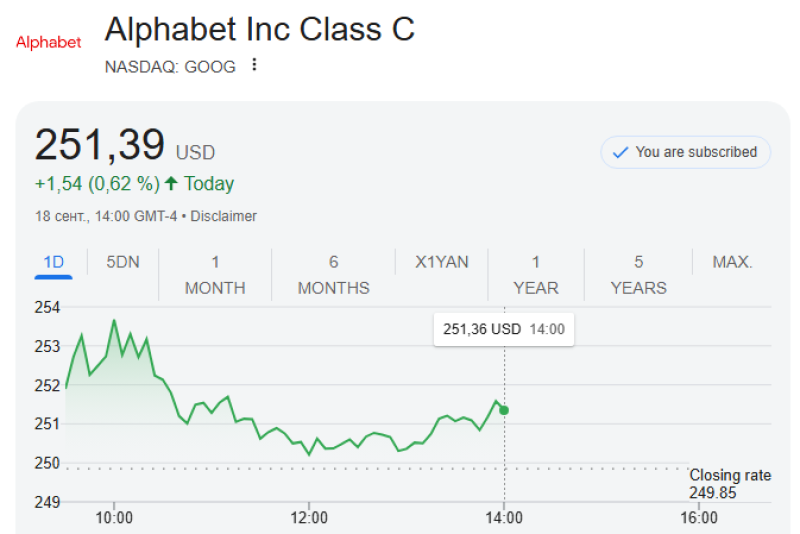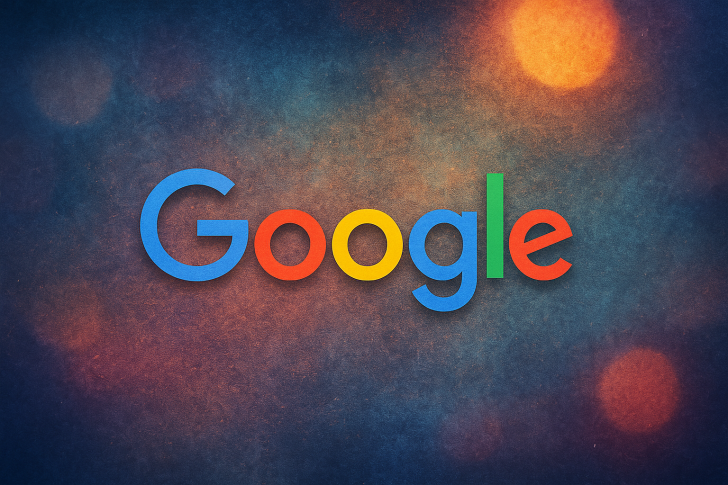Google has dominated search for decades, but recent competition from Microsoft's AI-powered Bing and tools like ChatGPT has investors wondering if the tech giant can maintain its edge. The company's latest move to integrate Gemini AI into Chrome's omnibox (address bar) could be the answer investors have been waiting for.
The Game-Changing Integration
Google is transforming Chrome's familiar address bar into something much more powerful. Instead of just typing web addresses or basic searches, users will soon be able to have full conversations with Gemini AI right from their browser. This isn't just another AI feature—it's Google betting that seamless integration beats standalone apps every time.
Think about it: billions of people use Chrome daily. By putting AI directly where they're already looking, Google doesn't need users to download new apps or change their habits. They just need to type naturally, and suddenly they're using advanced AI without even thinking about it.
Why This Matters for Investors
This move addresses several key concerns that have been weighing on GOOG stock. First, it tackles the competitive threat head-on. While Microsoft has been making noise with AI in Edge and Bing, Google is now leveraging its massive Chrome user base—roughly 65% of all web browsers worldwide. That's a distribution advantage that's hard to match.
The monetization potential is equally compelling. Every conversation with Gemini creates opportunities for contextual advertising, premium AI services, and deeper user engagement. When people spend more time in Google's ecosystem, advertising revenue typically follows.
From a technical standpoint, GOOG stock is showing encouraging signs. The shares have found solid support around $238-240 and are now testing resistance near $250. Recent volume patterns suggest institutional investors are paying attention to these AI developments.

The Bigger Picture
This integration could reshape how we think about web browsing entirely. Instead of Chrome being just a window to the internet, it becomes an intelligent gateway that understands context, remembers conversations, and provides personalized assistance. That's not just an incremental improvement—it's a fundamental shift that could lock users into Google's ecosystem for years to come.
For Alphabet, success here means defending their search monopoly while opening entirely new revenue streams. For competitors, it raises the bar significantly on what users will expect from their browsing experience.
 Peter Smith
Peter Smith

 Peter Smith
Peter Smith


